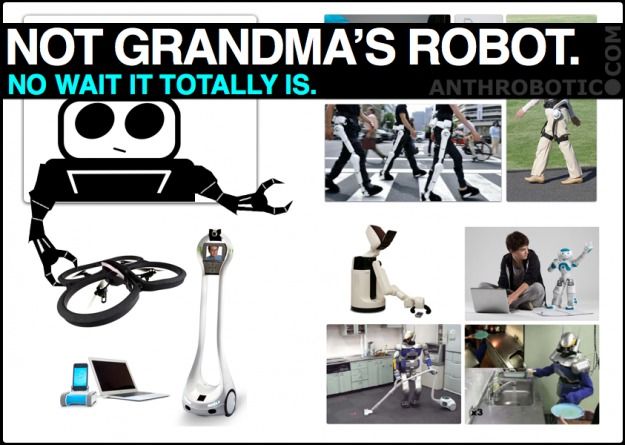Apr 11, 2013
The Life Extension Hubris: Why biotechnology is unlikely to be the answer to ageing
Posted by Marios Kyriazis in categories: biological, biotech/medical, evolution, futurism, homo sapiens, life extension
It is often said that empiricism is one of the most useful concepts in epistemology. Empiricism emphasises the role of experience acquired through one’s own senses and perceptions, and is contrary to, say, idealism where concepts are not derived from experience, but based on ideals.
In the case of radical life extension, there is a tendency to an ‘idealistic trance’ where people blindly expect practical biotechnological developments to be available and applied to the public at large within a few years. More importantly, idealists expect these treatments or therapies to actually be effective and to have a direct and measurable effect upon radical life extension. Here, by ‘radical life extension’ I refer not to healthy longevity (a healthy life until the age of 100–120 years) but to an indefinite lifespan where the rate of age-related mortality is trivial.
Let me mention two empirical examples based on experience and facts:
1. When a technological development depends on technology alone, its progress is often dramatic and exponential.















